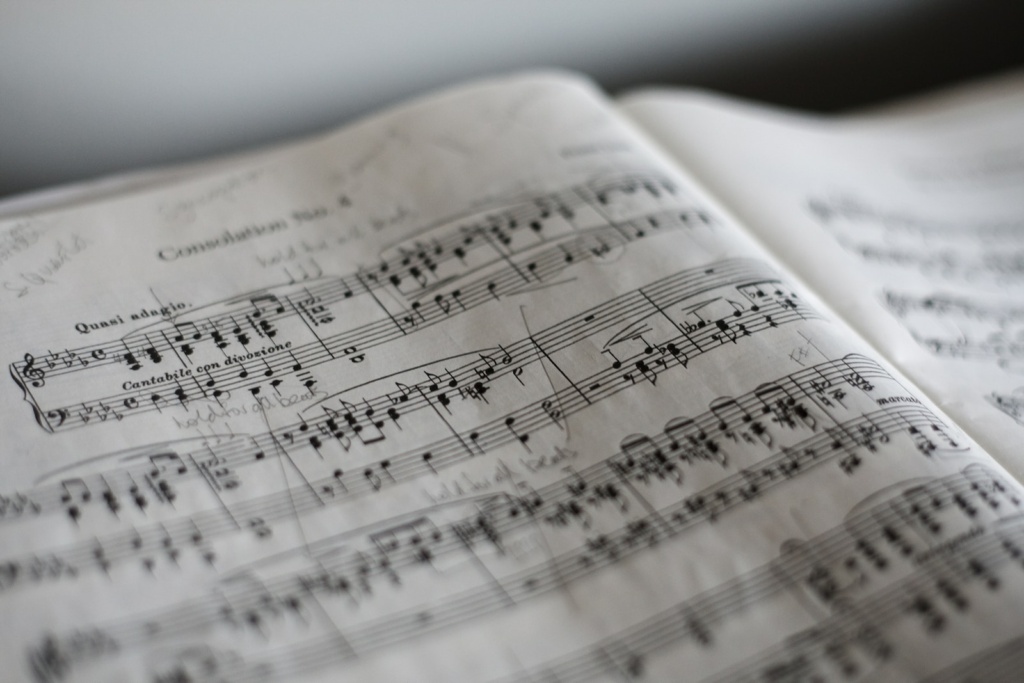
Hello, fellow TV enthusiasts! Emma here, your trusty cinematic tour guide, and today, we’re diving deep into the world of TV series music supervision. It’s time to tune in to the unsung heroes who curate the sonic landscapes of our favorite shows, adding emotion, depth, and unforgettable moments to the stories we love. So, grab your headphones, settle in, and let’s explore the crucial role of music supervision in the world of television, all while keeping the beat with a touch of humor and plenty of real-world examples.
Setting the Mood: Music’s Power in Television

From the first notes of a theme song to the emotional swell of a dramatic scene, music plays a pivotal role in shaping the mood, tone, and narrative of a TV series.
The Emotional Soundtrack
Music has the power to evoke emotions, whether it’s the heart-pounding suspense of a thriller or the tear-jerking melodies of a drama.
Example: The hauntingly beautiful score by Ramin Djawadi in “Game of Thrones” intensified the epic battles and dramatic twists.
Character Development
Music can provide insight into a character’s personality and emotions, making them relatable and multi-dimensional.
Example: “Breaking Bad” used character-specific music to accentuate Walter White’s transformation from a mild-mannered teacher to a ruthless drug lord.
Time and Place
The choice of music can transport viewers to a specific time period or geographical location, adding authenticity and immersion.
Example: “Stranger Things” uses an ’80s synth-pop soundtrack to immerse viewers in the nostalgic world of Hawkins, Indiana.
The Music Supervisor’s Role
Music supervisors are the unsung heroes who curate, license, and place music in TV series. They work closely with directors, showrunners, and composers to create the perfect sonic backdrop.
Music Curation
Supervisors are responsible for selecting the songs and scores that complement the series’ narrative and enhance its emotional impact.
Example: “The Handmaid’s Tale” uses classical music to underscore the tension and drama of the dystopian world.
Licensing and Clearances
Music supervisors navigate the complex world of licensing and clearances to secure the rights to use songs, ensuring that every note is legal and paid for.
Example: “Stranger Things” featured iconic ’80s tracks that required extensive negotiations for licensing.
Collaboration and Creativity
Supervisors collaborate with composers, directors, and showrunners to ensure that the music aligns with the creative vision of the series.
Example: “Westworld” seamlessly blends original music by Ramin Djawadi with modern pop songs to create a unique sonic experience.
Iconic Musical Moments

Certain TV series have become known for their iconic musical moments that have left an indelible mark on pop culture.
“The Sopranos” (1999-2007)
The choice of songs, from “Don’t Stop Believin'” to “Woke Up This Morning,” became integral to the show’s identity and symbolism.
Impact: The final scene featuring “Don’t Stop Believin'” remains one of the most memorable TV moments in history.
“The O.C.” (2003-2007)
“The O.C.” used its indie rock soundtrack to encapsulate the early 2000s teen culture, creating a trend in TV music supervision.
Impact: The series introduced bands like Death Cab for Cutie to a wider audience and had a lasting influence on TV soundtracks.
“Stranger Things” (2016-present)
The nostalgic ’80s synth-pop soundtrack of “Stranger Things” became an integral part of the show’s appeal, drawing in viewers with its distinctive sound.
Impact: The soundtrack led to a resurgence in interest in ’80s music and synthwave.
Musical Diversity and Innovation
TV series are increasingly pushing the boundaries of music selection, incorporating diverse genres and experimental sounds.
“Euphoria” (2019-present)
“Euphoria” uses a contemporary and eclectic soundtrack that reflects the characters’ diverse experiences, embracing hip-hop, pop, and indie music.
Impact: The show’s soundtrack mirrors the modern adolescent experience and has garnered critical acclaim.
“Watchmen” (2019)
“Watchmen” incorporated an unconventional and haunting score by Trent Reznor and Atticus Ross, adding a unique layer to the superhero genre.
Impact: The score earned acclaim for its innovative approach to the superhero soundtrack.
“The Witcher” (2019-present)
“The Witcher” features an original and epic score by Sonya Belousova and Giona Ostinelli, immersing viewers in the fantasy world.
Impact: The music contributes to the series’ immersive world-building and has a dedicated fan following.
The Emotional Resonance
Music in TV series has the remarkable ability to transcend the screen and resonate with viewers on a deeply emotional level.
The Power of Nostalgia
Nostalgic music can transport viewers to their own pasts, creating a sense of connection and emotion.
Example: “The Goldbergs” uses ’80s music to tap into the nostalgia of its audience, evoking personal memories.
Music as a Character
In some series, the music becomes a character itself, with its own story and significance.
Example: The omnipresent jukebox in “The Umbrella Academy” serves as both a plot device and a symbol of the dysfunctional family’s shared history.
The Emotional Punch
Certain songs or scores become inseparable from the emotional impact of a series, leaving a lasting imprint on viewers.
Example: The piano theme from “Westworld” is instantly recognizable and synonymous with the show’s complex narrative.
Conclusion: The Unseen Stars
As we immerse ourselves in the captivating worlds of TV series, let’s not forget the unsung heroes—the music supervisors—who orchestrate the sonic tapestries that enrich our viewing experiences. Their artistry, creativity, and keen ear for the perfect note bring depth, emotion, and magic


